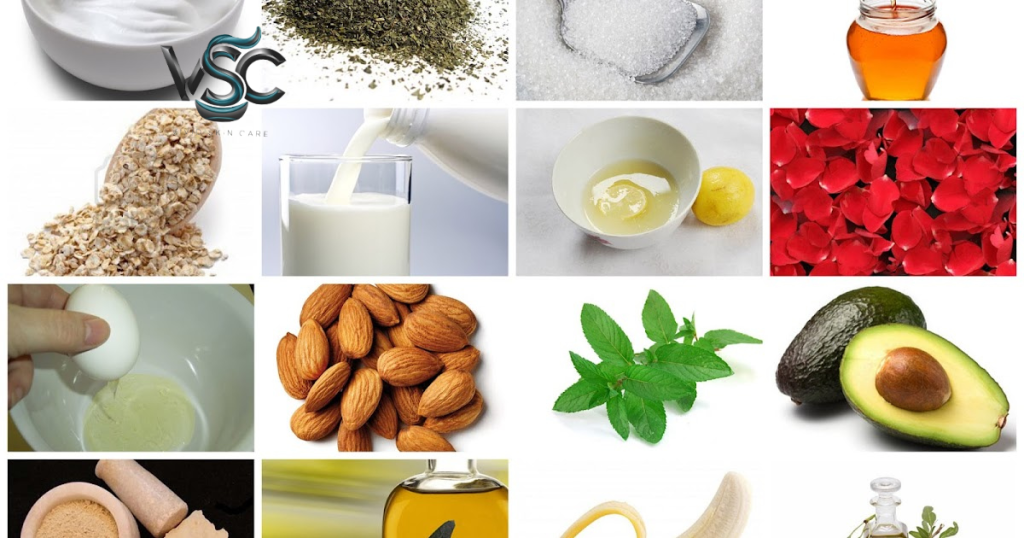If you’re looking for safe, chemical-free ways to brighten the intimate area, you’re not alone. Many women today are actively searching for natural vulva whitening home remedies because they prefer to avoid harsh chemicals and are concerned about long-term skin health.
As someone with experience in skincare for sensitive areas, I’ve helped many women who struggled with darkened intimate skin regain their confidence using simple, proven, and natural methods. In this guide, I’ll share home remedies that work, expert-backed safety tips, and key things people are searching on Google, like
-
“How can I whiten my vulva naturally?”
-
“What causes dark skin around the vulva?”
-
“Are whitening creams safe for intimate areas?”
-
“Which home remedies work for vulva whitening for sensitive skin?”
Let’s dive in.
Why Does Vulva Skin Become Dark?
The skin around your vulva may naturally appear darker due to several factors. This is common and doesn’t indicate poor hygiene or health issues. Some common causes include
-
Hormonal shifts (especially during pregnancy or menstruation)
-
Shaving, waxing, or friction from tight clothing
-
Post-inflammatory hyperpigmentation from skin irritation
-
Aging, genetics, or skin tone
-
Sweating or chafing
If you’re uncomfortable with this pigmentation and looking for safer, non-invasive options, natural remedies may be the solution. But they should be used correctly and consistently.
Are Whitening Creams Safe for the Vulva?
One of the most important questions women ask is whether skin-lightening creams are safe for intimate use. The answer depends on the product. Many over-the-counter whitening products contain hydroquinone, alcohol, artificial fragrances, or strong acids—ingredients that can damage sensitive skin or disrupt the natural pH balance of the vulva.
Before you buy, be sure to read the truth about vulva whitening creams—an in-depth look into what really works, what to avoid, and the risks of using the wrong products.
That’s exactly why many women are now switching to natural vulva whitening home remedies, especially those with vulva whitening for sensitive skin in mind.
1. Aloe Vera Gel
Why it works:
Aloe vera is known for its anti-inflammatory and skin-lightening properties. It’s gentle and ideal for reducing pigmentation without irritation.
How to use:
-
Apply a thin layer of fresh or store-bought aloe vera gel (unscented)
-
Leave on for 15–20 minutes
-
Rinse with lukewarm water
-
Repeat daily
Experience tip: Clients with sensitive skin report fewer allergic reactions and improved tone after regular use.
2. Licorice Root Powder
Why it works:
Licorice root contains glabridin, a natural skin-lightening agent that helps suppress melanin production.
How to use:
-
Mix 1 tsp licorice root powder with rose water
-
Apply gently to the vulva’s external skin
-
Let sit for 10–15 minutes
-
Rinse well and pat dry
-
Use 2–3 times a week
Expert note: It’s slow but very effective, especially for reducing pigmentation from shaving or friction.
3. Yogurt and Oatmeal Scrub
Why it works:
Yogurt contains lactic acid, which gently exfoliates, while oatmeal soothes and softens skin.
How to use:
-
Mix 1 tbsp plain yogurt with 1 tsp oatmeal
-
Apply gently and massage for 1–2 minutes
-
Leave on for 5 minutes
-
Rinse and moisturize
-
Use 2–3 times a week
Pro tip: Always follow with a mild moisturizer or natural oil like almond or coconut oil.
4. Coconut Oil and Lemon Juice (Use With Care)
Why it works:
Coconut oil moisturizes and contains vitamin E, while lemon juice contains citric acid to lighten skin. However, lemon can irritate, so it must be diluted.
How to use:
-
Mix 1 tsp coconut oil with 2–3 drops of lemon juice
-
Apply gently and leave for 5–6 minutes
-
Rinse well
-
Use only once per week
Warning: Avoid applying after shaving or on broken skin. Skip entirely if you have very sensitive skin.
5. Turmeric and Milk Paste
Why it works:
Turmeric is an Ayurvedic remedy for skin brightening and inflammation, while milk provides lactic acid to gently fade dark spots.
How to use:
-
Mix ½ tsp turmeric with enough milk to form a paste
-
Apply thinly to darkened areas
-
Leave on for 10–15 minutes
-
Rinse thoroughly and repeat 2–3 times weekly
Tip: Use gloves or apply carefully—it can stain fingers and fabric.
Extra Tips for Sensitive Skin During Vulva Whitening
For those dealing with vulva whitening for sensitive skin, here’s what I always recommend:
-
Do a patch test first before applying any remedy
-
Use only external applications—nothing should enter the vaginal canal
-
Avoid synthetic underwear—switch to breathable cotton
-
Don’t use razor blades too often, and avoid dry shaving
-
Keep the area dry and clean to reduce irritation and buildup
Adding lifestyle habits like hydration, a vitamin-rich diet (especially vitamin C and E), and proper hygiene can also enhance results.
What People Are Searching For—and What They Need to Know
Here are some common Google search queries I’ve seen from clients and readers:
-
“How can I whiten my private area naturally at home?”
-
“What are the best intimate whitening tips for dark skin?”
-
“Can turmeric lighten sensitive intimate areas?”
-
“Which DIY remedies work best for vulva whitening for sensitive skin?”
If you’re asking the same questions, the key is consistency, safety, and using the right ingredients suited for your skin type.
Final Thoughts
Opting for natural vulva whitening home remedies gives you more control over what goes on your skin. These remedies are not just affordable they’re also free of harsh chemicals and better suited for women with sensitive skin.
If you’re looking for safer alternatives to creams and want long-term results without side effects, home remedies like aloe vera, yogurt, licorice, and turmeric can help when used with care. Just remember: there is no “instant” fix. Natural whitening is gradual but sustainable.

